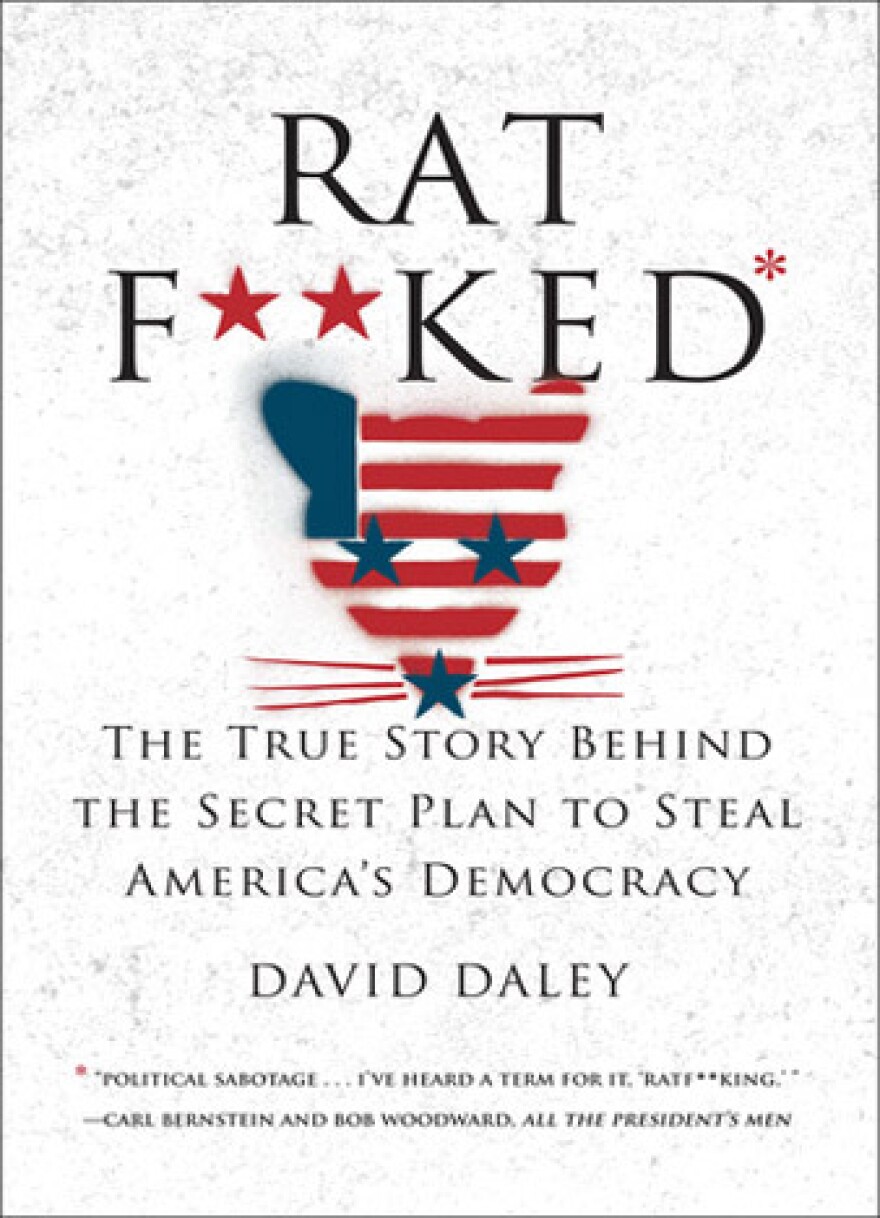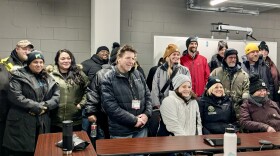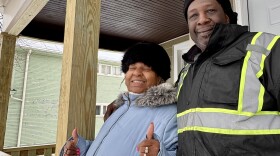Politically, Wisconsin has long been considered a “purple state.” Not Democratic or Republican; a swing state. But all that changed after the 2010 election, when Wisconsin voted a Republican majority into the state assembly. What happened next changed the course of state politics and undermined the very concept of democracy through what was considered a relatively benign practice - gerrymandering.

Writer Dave Daley tackles the issue of gerrymandering in his new book, Ratf**ked: The True Story Behind the Secret Plan to Steal America’s Democracy. It’s an in-depth analysis of the Republican’s election strategy in 2010, and the systematic effort to quash voter efficacy through redistricting.
"It's always been a partisan tool, but in 2010, in 2011, it moves to something else. It becomes a partisan nuclear bomb."
"It's always been a partisan tool, but in 2010, in 2011, it moves to something else. It becomes a partisan nuclear bomb. It becomes a method of governing from the minority and locking in that control for the course of the next decade," says Daley.
The federal government mandates that district lines must be redrawn after the census, which is done in years ending in zero. After the 2010 census, Republicans were in charge of redrawing the maps in Wisconsin. Daley says, that unlike the previous census in 2000, by 2010 politicians had access to technology that had data so precise it created some of the most gerrymandered maps on record.
"There's two ways you can gerrymander: you can pack and you can crack. So by packing the idea is that you throw as many Democratic votes as you can into one district, which then makes all of the surrounding districts more Republican," says Daley. "In the other strategy of cracking, [that] means that you divide the Democratic vote just enough so that it never really reaches a majority and it just becomes a wasted vote."
The redistricting process happened behind closed doors, and according to Daley, politicians who wanted to see their new districts had to sign a non-disclosure agreement. In areas like Milwaukee, Democrats were packed into districts which became non-competitively Democratic.
"The Democrats have 200,000 more votes in Wisconsin Assembly districts than Republicans, but they're staring down a super majority of Republicans."
As a result of the new maps, Wisconsin has one of the most gerrymandered maps in history and it's not alone. States like Pennsylvania, Michigan, and Ohio, faced a similar fate. The effect of the these maps wouldn't be seen until the next election in 2012, when Republicans had stunning victories despite winning a minority of the vote in some states like Wisconsin.
"The Democrats have 200,000 more votes in Wisconsin Assembly districts than Republicans, but they're staring down a super majority of Republicans. And this matters. It matters, you know, not only in terms of a democracy but it has concrete policy implications in Wisconsin," says Daley.
Wisconsin now has far more non-competitive districts, which Daley believes is detrimental to the political process. "When you have non-competitive districts, you lose persuasion, you lose compromise. You end up generating a very different politician," he says.
"It makes politicians fear, not being cast out in the general election, but they fear being cast out in a primary," says Daley. "And when that's the election that you fear, you are not willing to govern, you are not willing to work with the other side or extend a hand across the aisle, or sort of take the risks that come with the art of compromise, which used to be the art of politics."
*Originally aired July 12, 2016






